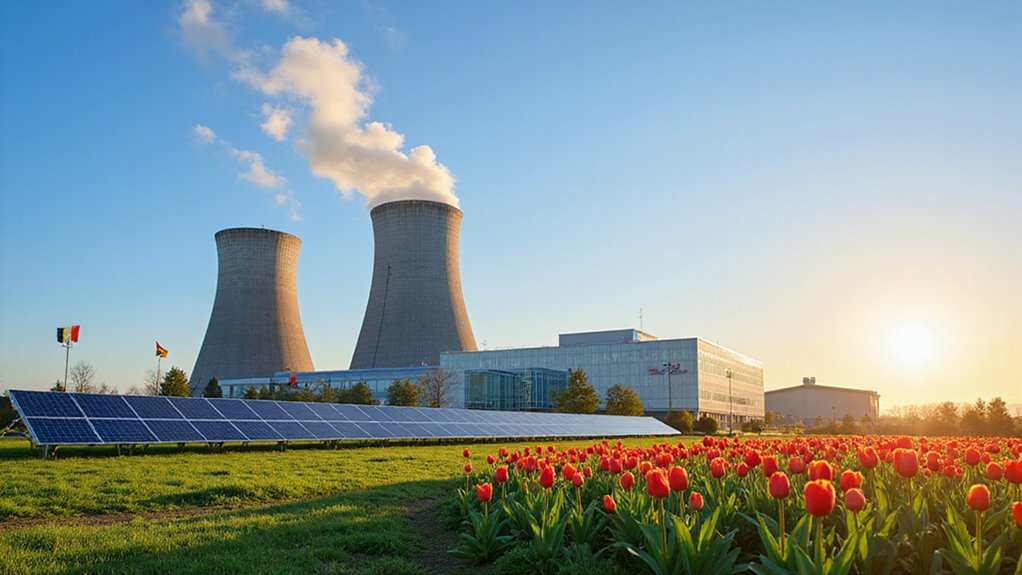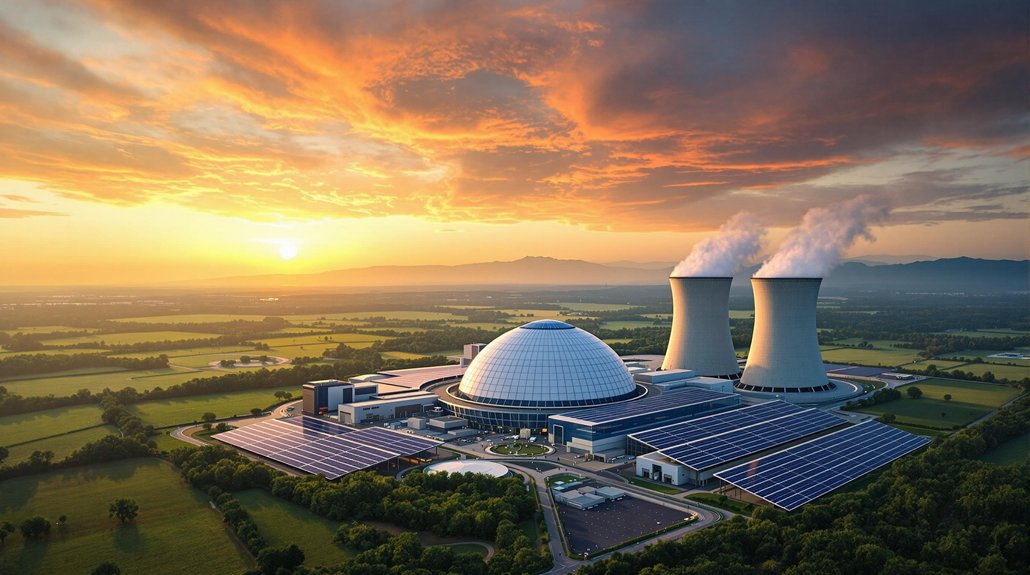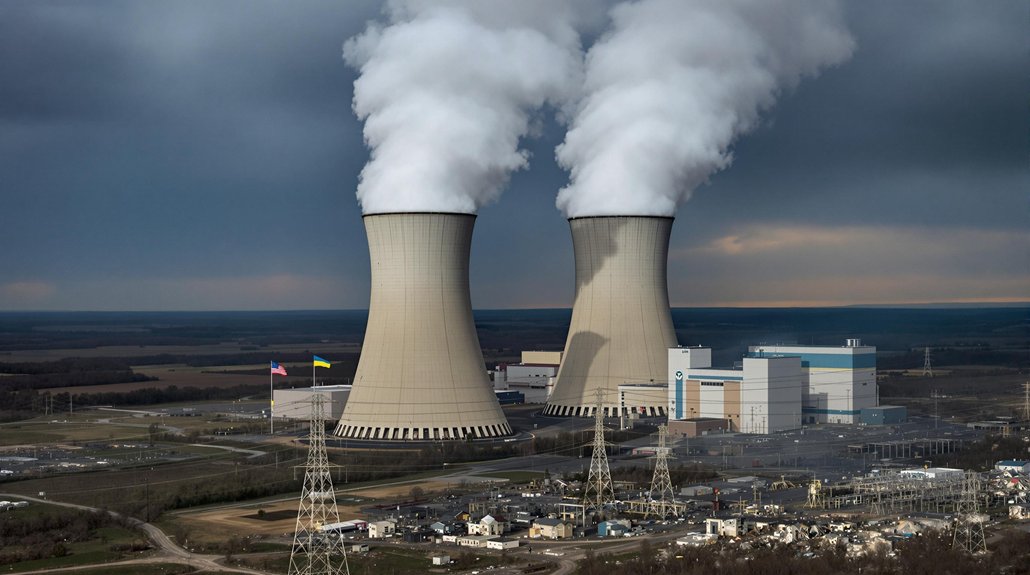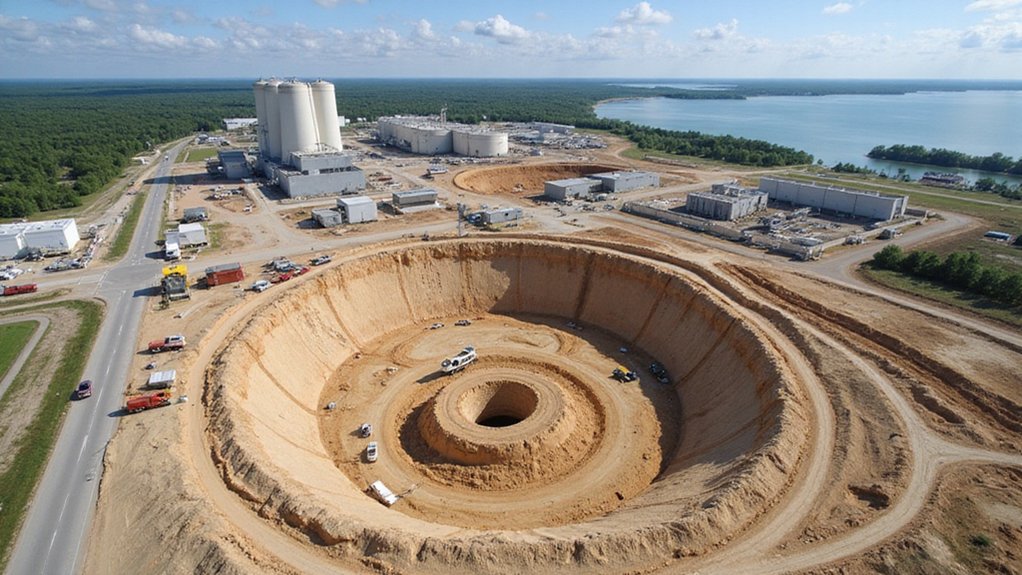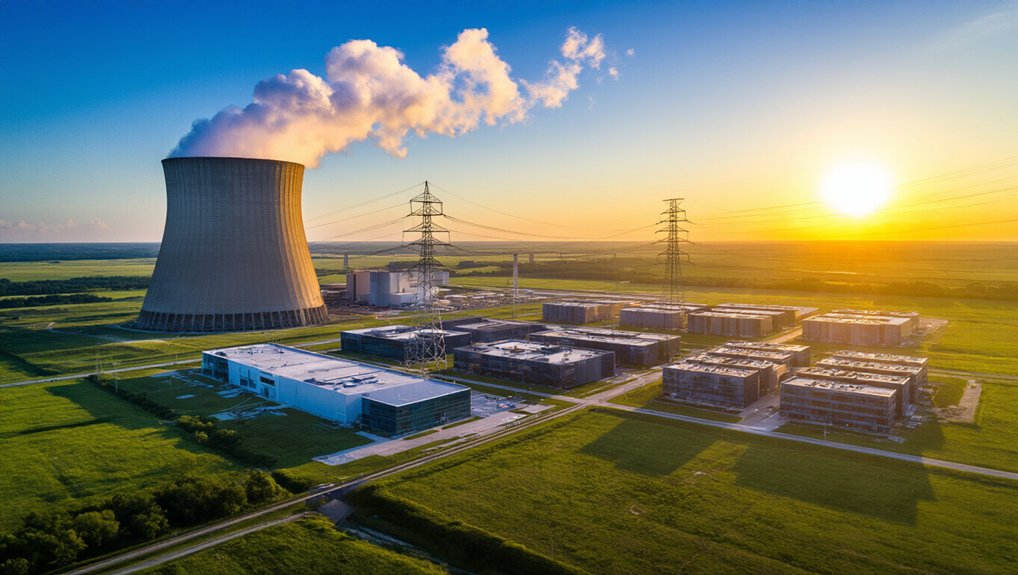After two decades of flip-flopping on energy policy, Belgium has finally committed to a nuclear future. On May 15, 2025, Belgian lawmakers voted overwhelmingly to abandon the country’s long-standing nuclear phase-out plans, with 102 votes in favor, 8 against, and 31 abstentions. The vote effectively scrapped the 2003 Federal Act that had set a rigid phase-out calendar and banned new nuclear capacity. Talk about a policy U-turn.
Energy Minister Mathieu Bihet wasn’t shy about the significance. He declared the vote turned the page on “two decades of blockages and hesitation.” Yeah, no kidding. Belgium had been dancing around its nuclear future since 2003, when it first decided nuclear power would be persona non grata by 2025.
Belgium’s two-decade nuclear indecision finally ends with a decisive pivot toward atomic energy.
That deadline got pushed back repeatedly. First by 10 years in 2022 after Russia’s invasion of Ukraine triggered an energy crisis that made everyone suddenly remember how nice it is to have reliable power. Unlike geothermal energy that faces geographical limitations, nuclear plants can be built almost anywhere with proper safety measures. Then in December 2023, the government struck a deal with energy giant Engie to extend the life of Doel 4 and Tihange 3 reactors by another decade.
The public’s been ahead of politicians on this one for years. Surveys by Forum Nucléaire show Belgians warming up to nuclear energy, with 83% supporting nuclear production by 2019. Nearly half wanted to keep plants running beyond 2025. Business associations have long opposed the phase-out due to projected economic impacts and increased emissions. Seems like Parliament finally got the memo.
What’s next? The vote opens the door for new reactors. Industry experts are pushing Small Modular Reactors (SMRs) as the first priority. Belgium’s nuclear research center is already developing fancy lead-cooled models, though water-cooled versions could come online faster. This move follows a broader European trend where countries like the Netherlands and Sweden are also planning new nuclear plants.
Engie Belgium’s CEO Vincent Verbeke might not be fully on board though. In January, he called keeping plants open beyond 2035 “unthinkable.”
But with Europe experiencing a nuclear renaissance not seen since the 1970s oil crisis, Belgium’s clearly decided that going nuclear is the only way to keep the lights on.
References
- https://www.lemonde.fr/en/international/article/2025/05/15/belgium-parliament-votes-to-ditch-nuclear-power-phase-out_6741323_4.html
- https://world-nuclear.org/information-library/country-profiles/countries-a-f/belgium
- https://www.neimagazine.com/news/belgium-reverses-nuclear-phase-out-plans/
- https://www.nucnet.org/news/belgium-s-energy-minister-welcome-historic-committee-vote-on-nuclear-4-3-2025
- https://www.bssnews.net/news/273455
